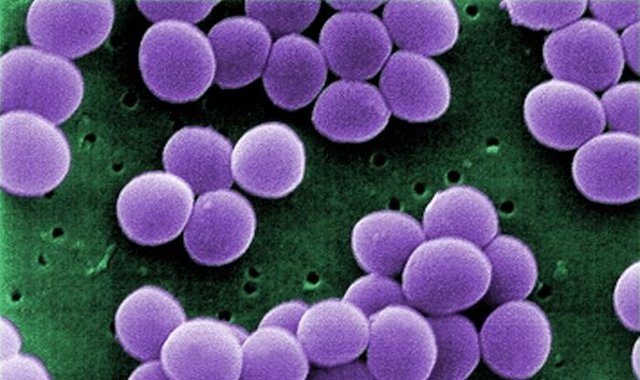There’s been precious little good news for Seres Therapeutics of late, and the woe continues today as it records another trial failure.
Shares in the microbiome biotech fell more than 52% to $9.90 in early, premarket trading Thursday morning, from a prior close of $20.73. The fall was precipitated by data from a phase 2 trial which saw the company’s ulcerative colitis (UC) candidate SER-287 flop against placebo in improving clinical remission rates, its primary endpoint.
“Given the lack of a clinical efficacy signal identified in ECO-RESET, the company has decided to close the open label and maintenance portions of the study,” the biotech said in a statement.
The company will, however, push on with a similar bacteria-derived therapy in its SER-301 program, which is currently in a phase 1b study aiming to reduce intestinal inflammation and improve epithelial barrier integrity in adults with mild-to-moderate UC. Questions will however be asked over how much faith can be put in its whole business plan, given how much of its pipeline rests on a similar approach.
This is partly why the failure of ‘287 was a big hit for the biotech, dragging down shares and the good sentiment built up at the start of this month from a $175 million investment from Nestlé. The deal involves Seres’ later-stage effort SER-109, Seres’ microbiome treatment for C. difficile infection (CDI), boosting the biotech’s focus on healthcare.
That drug will now come even more firmly into the spotlight.
“While these outcomes were not what we, nor the UC community, were hoping for, we remain committed to leading the creation of a new class of medicines designed to impact how diseases like ulcerative colitis are treated,” said Seres CEO Eric Shaff. “As with SER-109, we will again follow the science and the data, conduct a rigorous scientific analysis, and determine the optimal path forward for our UC franchise.”
“We are well resourced and continue to prepare for SER-109 commercialization, in collaboration with Nestlé Health Science, and we are excited about advancing the development of our SER-301 and SER-155 investigational candidates as well as our earlier-stage pipeline.”
Seres is used to problems in an area of science that still has much to prove, and has endured a tough few years of trials setbacks, cuts and new management.
Two years back, Seres cut about 30% of its workforce and said goodbye to a chief scientific officer while narrowing the biotech’s clinical efforts. The slimmed-down company centered on SER-109, as well as a planned immuno-oncology study.
That move came less than a month after the company announced that Shaff, then the chief financial officer, would take over as CEO and that Seres would look more toward immunological indications in the “next phase of development.”
In another high-profile failure five years ago, SER-109 failed to outperform a placebo in terms of cutting the risk of CDI, leaving the biotech at the time scraping through the results in search of a path forward for the program. It has since shown more promise from data out of a phase 3 posted a year ago.

